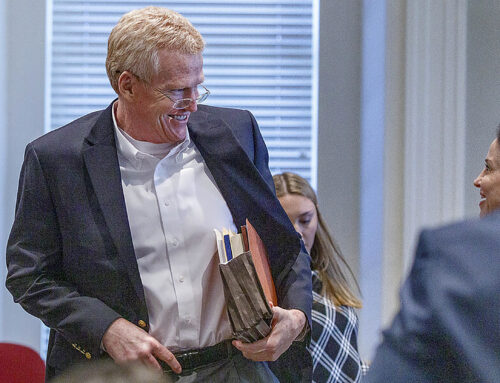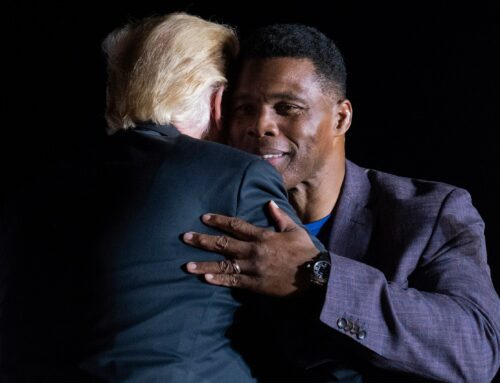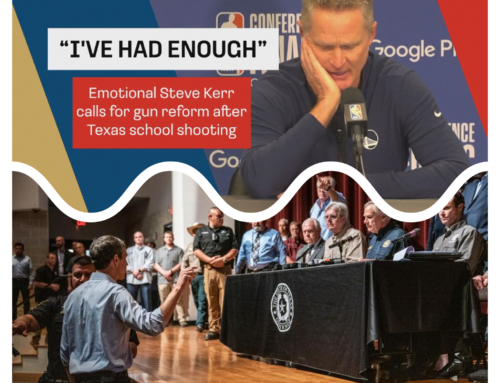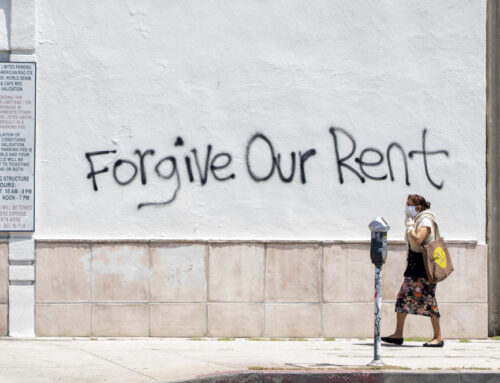Who hasn’t come across an object buried beneath the ground and wandered to themselves, “how did this get here?” This is the opening to this inviting novel, entitled, The Heaven & Earth Grocery Store written by James McBride. The opening discovery of human remains will launch us into the flurry of moving and 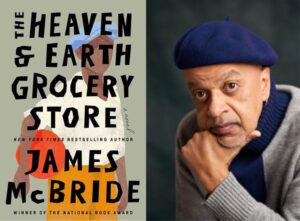 often heartbreaking realities of people bound to a destiny simply due to proximity. The individual stories collide to tell a story about a freedom, love and murder. But before you will find out whose skeleton bones have been discovered in Pottstown, Pennsylvania you must first fall in love with the hope found in the foreground of our humanity when we are able to see beyond the exteriors of those around us. When we are brave enough to look behind the curtains of individual demeanors to glance upon their realities. Such insights should remind us of the people we encounter on a daily basis that suffer and deal with the unfortunate realities of bodily defects brought on by birth or misfortune and yet they persist to be totally human in their being.
often heartbreaking realities of people bound to a destiny simply due to proximity. The individual stories collide to tell a story about a freedom, love and murder. But before you will find out whose skeleton bones have been discovered in Pottstown, Pennsylvania you must first fall in love with the hope found in the foreground of our humanity when we are able to see beyond the exteriors of those around us. When we are brave enough to look behind the curtains of individual demeanors to glance upon their realities. Such insights should remind us of the people we encounter on a daily basis that suffer and deal with the unfortunate realities of bodily defects brought on by birth or misfortune and yet they persist to be totally human in their being.
After the revelation of these human remains the story shifts to help us better understand how it may have gotten beneath a hidden drain, in the first place. The reader is taken back to the roaring 1920’s where Jews and Italians were only a little bit better thought of by whites than the people of color. Go figure, white people needed a reason to dislike people that look liked them, thus a sort of caste system evolved that left not much more dignity for anyone else outside the white race. But as the pages turn you can literally hear the sounds of people of color moving about, as only black folk can, up on Chicken Hill. In that community was the side of town where the beautiful black community was contained. Chicken Hill was also where the Jews lived at that time. It was home for the immigrant and an insult to the white folk. Sadly, almost a full century later and America still has communities where we confine people of color and provide the least of quality goods and services. But I digress.
Up on this Hill the story takes its shape as two immigrants fall in love and find a way to encourage one another to be better versions of themselves. The coming together of these two young love birds is what will give birth to the Mom-and-Pop store for which this book would be titled. Though they never would birth any children of their own, still Moshe and Chona were pillars of their community. They were essential to the communal thread that held the town and its people together. Growing up in Chattanooga, Tennessee my grandmother would often send me, if not every day, to visit the Jewish owned corner store on E. 9th Street. The store was called Abe’s Grocery Store. (I can only assume that was because the owners name must have been Abraham) With list in hand, I would hand it over to the butcher (Mr. Al), who was black, and he’d slice and cut what was needed. He would then wrap it and ask about well-being of particular family members. Of course, almost always the women in the family. That store was essential to so many of us. If I had to count, I probably could not know the number of times a day my cousin Sean and I would enter that store.
But it was those times that I was reminded of while reading this book by McBride. A community for years fighting the residue of hatred and ignorance before it destroyed them all. The characters written about bring a bit of color so bright to the story that one feels the light of their fictitious presence in the actual moment. Paper, the town gossip along with Addie and Nate come alive in ways that they seem so familiar. The clandestine efforts of so many to protect the innocence of Dodo speak to the prophetic work necessary in today’s society for the success of young black boys in any town. We have a responsibility to see the God given abilities in all children, especially those that are special and in need of special attention. Our ability to provide a safe community for them to thrive is ultimately what will define our futures. If we fail them and leave them over to a system that sees them as a problem none of us will have a future.
McBride finds time throughout the book to make sure the reader gets a since of individual story lines. The stories necessary to open the vault into their decision-making processes. Many of those decisions though were not in their hand at all. But rather in the hands of people, powers, and systems that were rotten at the core. Most disturbing for the theologian in me was that much of it was always in the hands of God. In the end all of our lives, I believe, are in the creators’ hands, but I’m convinced that God has placed us all hear on earth to intervene on His behalf to make life a little better for someone besides ourselves.
I would definitely recommend this book and I would not be at all surprised if we saw it in the movie theaters in a few years.


